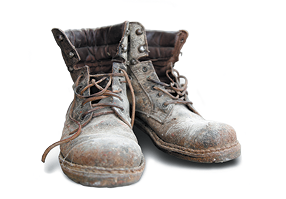Wearing Out Your Bootstraps?
(FS2041, August 2021)Farm or ranch stresses can overwhelm us. Help is available and your health is important. Learn about depression and its signs, tools for helping with depression and resources for yourself or others in North Dakota.
Contact your county NDSU Extension office to request a printed copy.
NDSU staff can order copies online (login required).
